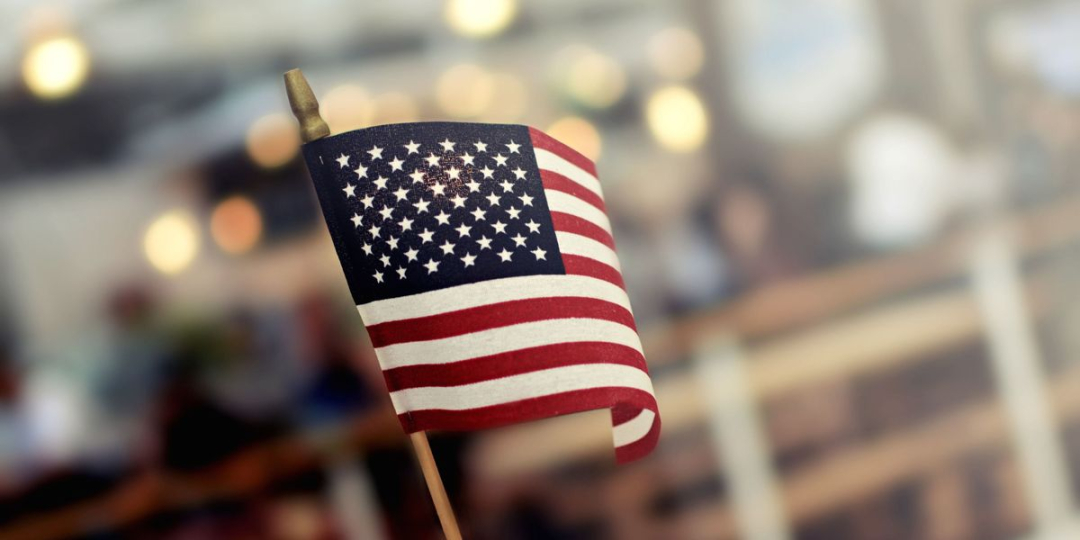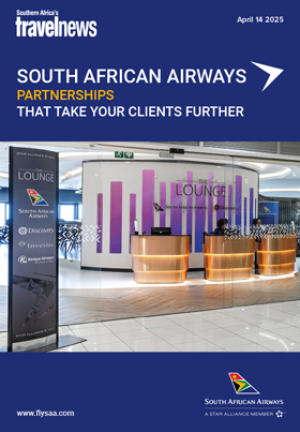Availability of seats to the US might become an issue in the short term, as years of underinvestment in the Federal Aviation Administration (FAA) has led to a situation in which the air travel system is struggling under intense and growing demand post-pandemic.
South Africans should find that long-haul travel is not badly affected, but once they have their visas (another area of difficulty due to long delays for visa appointments) finding seats between US airports will likely be a challenge.
The FAA last week asked airlines to pull back slots at airports in New York and Washington DC this summer, due to a lack of air traffic control staff.
This is problematic, because while some economists are calling for an economic slowdown, concerned about a potential recession later this year, the US inbound travel industry is bullish and full of expansion.
Brand USA President and CEO Chris Thompson said in a press conference during IPW in San Antonio last week that the worldwide travel restart had created a highly competitive global market for the lucrative international visitor and that pent-up demand continued to drive economic recovery throughout the US as more and more people were now booking travel.
Geoff Freeman, US Travel Association President and CEO, told journalists that Americans were paying the price of years of chronic underinvestment in technology and staffing by the federal government in the US air travel environment.
“Air travellers are right to be frustrated and to demand more from Washington. US airlines expect a near 100% return of connectivity by the end of the year. The pandemic showed us problems that we can now address and improve on.
“The success of America’s travel industry requires an air travel system that is modern, efficient, dependable and secure,” said Freeman. “Congress can make the critical investments now for our air travel system to meet demand for the future and ensure that our economy can continue to grow.” He added that significant progress was being made with the Federal Government to address barriers restricting international inbound travel growth for passengers who require visas.
“As a country, we need to stay competitive, to see around the corners and anticipate challenges that weren’t on our radar five or 10 years ago,” said Freeman. “We need to be constantly evolving to meet new demands and to ensure our entry process is not only secure, but simple and welcoming. The May announcement to lift the vaccine requirement also eases a significant entry barrier for many global travellers, moving our industry forward.”
The US Travel Association wants these obstacles to tourism in the US removed. Freeman detailed two examples of how the US federal government could improve and increase inbound travel:
* Lowering visa interview wait times for first-time visa applicants. These currently average more than 500 days in the top-10 visa-requiring markets worldwide (excluding China, which has yet to fully resume flights). Current average wait times are 527 days in Brazil, 406 days in India and 647 days in Mexico. At the time of going to press, South Africa's travellers applying for US visas are facing waiting times of 70-100 days. Last September, Travel News’s Visa Barometer revealed that the US was the worst in terms of how long it was then taking to get a visa appointment, with an average wait time of 140 days. Just a year ago, in June 2022, some agents reported a waiting time of nine months, and others were advising clients to travel to Namibia or eSwatini in order to get a US visa appointment.
*Addressing entry delays at US Immigration. Last month, international visitors at top US airports frequently experienced average wait times of more than an hour. An ESTA official told Travel News at IPW that the Department of Homeland Security was strengthening the security of the Visa Waiver Program (VWP) through enhancements to ESTA. Continued improvements are designed to provide an additional layer of security for the VWP, to facilitate visa-free travel to the United States and ensure faster processing at security points on arrival in the US.















